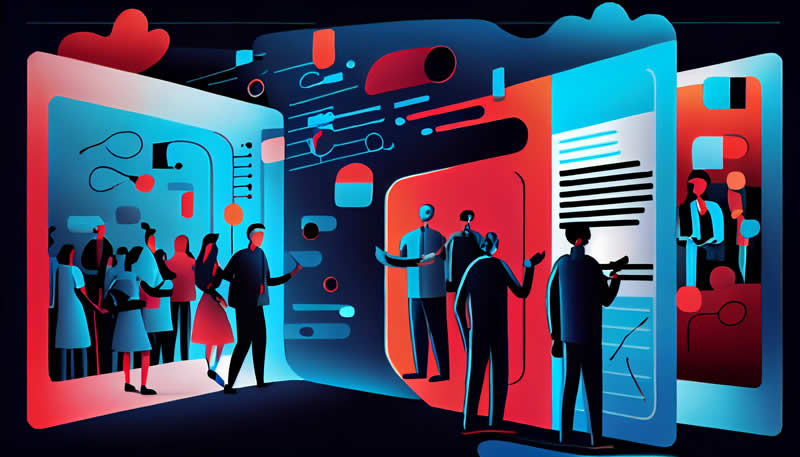The ways music has changed society: a fascinating look at its impact throughout history
The value of music to human culture and civilization cannot be underestimated. Starting with early religious events and extending to modern pop concerts, music has tremendously impacted culture and society.
One of music's most notable traits is that many great songs throughout history have been used as anthems for many causes, from civil rights to anti-war protests.
Technology has made it feasible for people to connect with music enthusiasts from across the world in the modern digital era.
One such website that lets users connect through webcams and listen to music together is CalypsoRoom. Through shared musical experiences, this platform can foster community and connection.
The early history of music, its impact during the Renaissance and Enlightenment eras, and its role in influencing social and political movements during the twentieth century will all be covered in this article.
We will also examine how CalypsoRoom alters how we perceive music and its power to unite people.

The early history of music
Across many civilizations and regions, music has a long and varied history. Ancient civilizations, where music was a significant part of religious events and rituals, are where the early history of music may be found.
While tracing the origins of music, it is believed that early humans played simple instruments like flutes and drums.
Music evolved and altered as human societies expanded, and, as a consequence, a wide variety of musical styles and instruments emerged worldwide.
Music and religion were frequently linked in prehistoric societies. For instance, music played a significant role in religious ceremonies in ancient Egypt and was thought to have therapeutic effects.
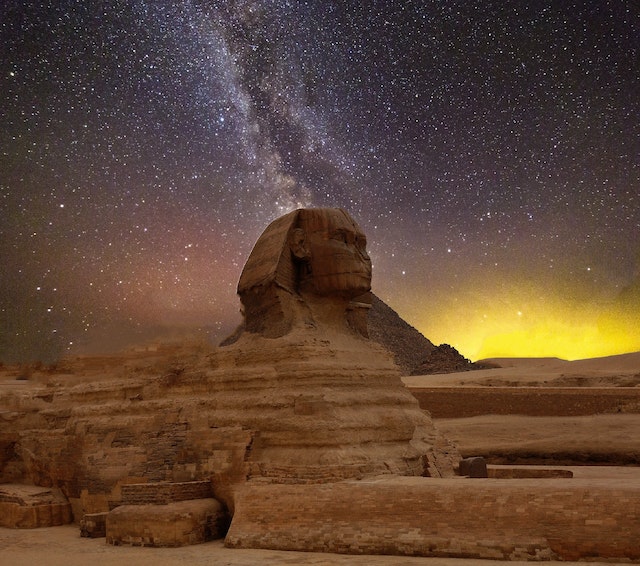
In ancient Greece, instead, music was revered as a holy art form and utilized in religious performances and rites.
Music started to become increasingly important in daily life as human cultures advanced.
For instance, music played a significant role in courtly rituals and medieval Europe's social and cultural structure.
With the blending and impact of many musical traditions worldwide, music also played a significant part in cultural interchange.
Overall, early music history is a complicated and intriguing subject that sheds light on the spiritual and cultural goals of the first human civilizations.
Music's enduring capacity to inspire and connect people is shown by its role in religious ceremonies and festivals. These are common characteristics that can be found in any ancient civilization worldwide.
Music and the Renaissance
The Renaissance period was a turning point in music history. During this period, there was a rush of inventiveness, which mainly gave rise to new musical genres and styles throughout Europe.
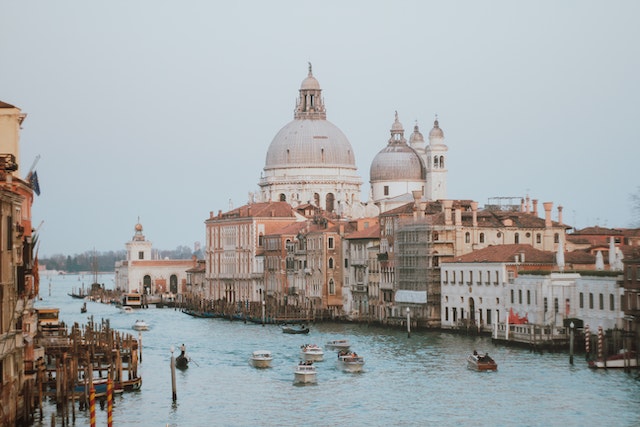
One of the Renaissance's most significant achievements was the invention of polyphony, a musical form in which numerous voices and melodies were combined to create elaborate and incredible harmonies.
This musical style was used in compositions for choral, vocal, and instrumental groups.
Music had a profound impact on art and literature throughout the Renaissance. Music was a source of inspiration for many artists and authors, who incorporated musical themes and motifs into their works.
Shakespeare's works, for example, frequently include musical references, and many Renaissance paintings portray musical instruments or scenes of musical performance.
The Protestant Reformation, a religious movement that arose in the 16th century, also influenced music.
Protestant leaders thought that music could be utilized to spread their religious message, creating new musical forms and genres that were more accessible to the general population.
The introduction of hymns, short, easy-to-sing songs that multitudes could perform during church services, was another significant achievement.
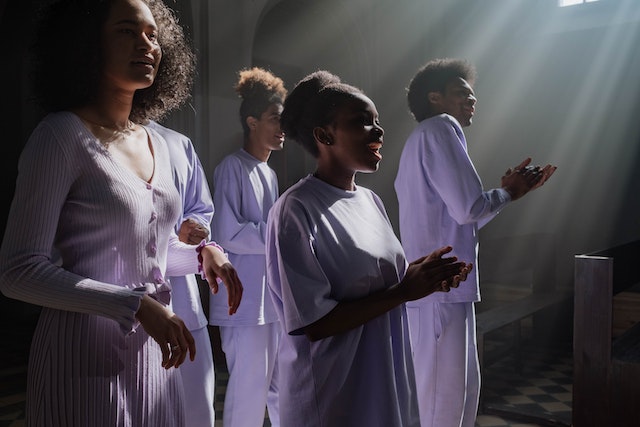
Music and the Enlightenment
The Enlightenment, which lasted from the 17th through the 18th centuries, was a period of significant intellectual and cultural development, with many artists creating great forms of art that are still very influential nowadays.
Many musical genres emerged during this period, and music became increasingly prominent in political and social activities.
The invention of opera, which merged music, theater, and visual arts to create a new and immersive art form, was one of the most significant achievements of this period, with many operas based on historical events or current events used to critique political and social concerns.
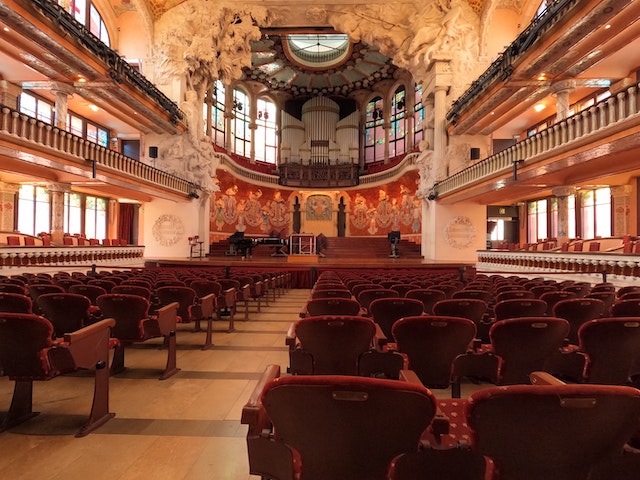
Music played an important part in political and social movements throughout the Enlightenment. It was frequently utilized as a propaganda weapon, with artists writing songs that backed or opposed various political organizations or leaders.
The influence of music in the French Revolution was one of the most prominent examples of music's impact on political movements during this period.
Popular songs like "La Marseillaise" became anthems for the revolutionary cause. They were used to gather support for the revolution giving strength to the crowd to fight high power.
Music and the Twentieth Century
The music business saw incredible changes during the twentieth century, with the birth of new musical genres and styles that had a profound influence on society and culture.
The advent of popular music (or just pop) in the early 1900s was one of the most significant changes.
This new musical genre, aiming towards a broad audience, was distinguished by catchy melodies, uncomplicated lyrics, and lively rhythms.
With radio and television broadcastings making it more accessible to the public, pop music quickly became a significant force in the music industry, spreading fast worldwide.
Music was crucial to the civil rights movement in the 1950s and 1960s. African American performers such as Nina Simone, Billie Holiday, and Sam Cooke utilized their music to communicate their fights for equality and justice.
Musicians used their position to raise awareness about topics such as war, poverty, and ecology throughout the 1960s and 1970s, with artists such as Bob Dylan, Joan Baez, and John Lennon utilizing their music to promote social change and political activity.
Music and the present - new ways to experience it
Nowadays, thanks to technology, we can experience and listen to music like never before, with people worldwide able to meet and socialize online, starting with the music they love and listening to it with the help of a device and a simple internet connection.
CalypsoRoom, a one-of-a-kind platform that lets individuals worldwide listen to music together in real time, is one such service.
Users may use this platform to construct virtual rooms to invite friends or other music fans to listen to music while conversing via webcams.
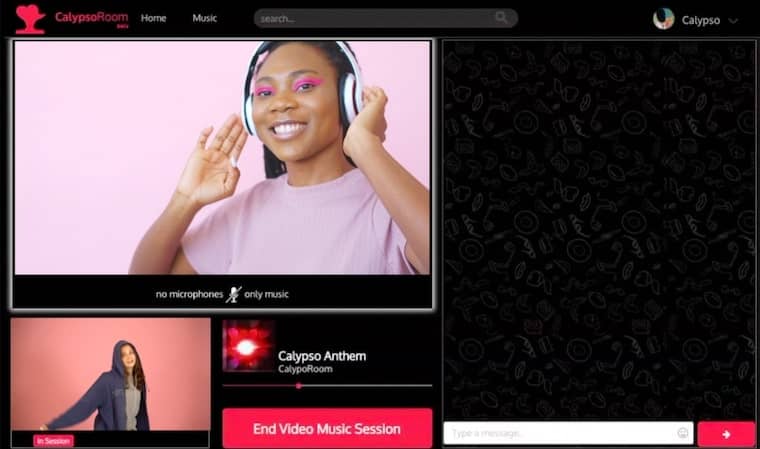
One of CalypsoRoom's significant advantages is its ability to foster community and connection via music.
CalypsoRoom may also be used to spread cultural awareness and understanding. By bringing individuals from diverse origins together via music, the platform can break down boundaries and encourage greater understanding and respect for other cultures.
The ways music has changed society - Conclusion
As we go forward into a more linked world, it is evident that music will continue to play a crucial role in creating culture and society.
Music can transcend barriers and create a shared experience that binds us all, whether utilized to promote social change or bring people together in celebration.
Moreover, because of platforms like CalypsoRoom, we can look forward to a future in which music continues to bring people together in novel and fascinating ways.
We hope you found this blog article interesting. If so, please share it with your friends on social media and visit our blog area, where you will find many more articles about how music is a vital part of our lives.
Thanks for reading,
CalypsoRoom Team
Frequently Asked Questions
Why is music so important in society and culture?
Throughout history, music has been utilized as a medium of expression, communication, and societal transformation. It may elicit emotions and transmit ideas in ways other modes of communication cannot.
How has music influenced social and political movements?
Music has been essential in numerous social and political movements, from the civil rights movement to anti-war protests. It has been used to offer disadvantaged populations a voice, motivate change, and bring people together around a shared cause.
How can platforms like CalypsoRoom help to promote social connection and community building through music?
People worldwide can interact and share their passion for music in real time, thanks to platforms like CalypsoRoom. These platforms can foster cultural variety, understanding, and social connection in previously unimaginable ways by bringing people together via music.
back
Written by CalypsoRoom Editorial Team
The CalypsoRoom Editorial Team is a skilled and diverse group of writers, researchers, and industry specialists who have access to Calypso's data and information in order to give you broad knowledge about the music industry as well as helpful advice to help you manage your music and dancing career.
Updated January 2023
Company number: 681223
James's Walk 31, Dublin, Ireland
contact@calypsoroom.com
+353 (89) 435 8928

